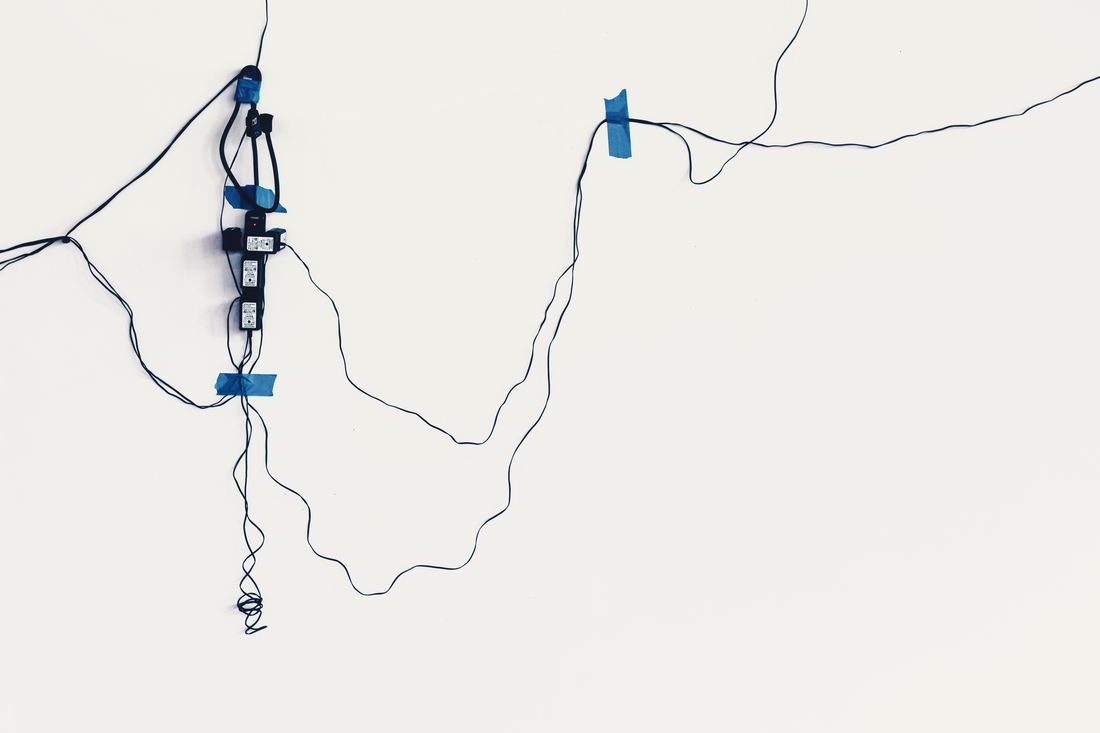
It is a fact of life that mistakes happen. However some mistakes are bigger than others and mistakes made by professionals drafting wills can have disastrous consequences. Sometimes, the only solution is a claim in negligence but on occasion mistakes in wills can be fixed.
Mistakes discovered during your lifetime
Mistakes discovered during your lifetime can be fixed by either a codicil which amends a will, or preparing an entirely new will. However this will depend on the testator (the person whose will it is) having capacity to make a new will.
Amendments for a living person without capacity
If the testator has lost capacity before a mistake is discovered then in some cases it may be possible to apply to the Court of Protection for a statutory will to be prepared. Such applications can be complex, time-consuming, and costly but may be the only option if the mistake is discovered and all of the beneficiaries to the will can’t agree as to what the correct provision should be.
Where all the beneficiaries do agree, it may in practice be easier to fix the matter after the testator’s death by a deed of variation. In a deed of variation, the parties to the will all agree what the correct provision should be and sign a deed which is read in place of the existing will. However all parties should think carefully and take independent advice before doing this, as varying the will may be detrimental and may have tax consequences. Just one example is for those living on means tested benefits who vary a will to give away their entitlement. They would then not inherit under the will but risk losing their means tested benefits because they have deliberately deprived themselves of the benefit.
Mistakes discovered after the testator’s death
The situation is more complex after the testator’s death. In some cases, the parties are stuck with the will as prepared and their only option is to pursue a claim in negligence. However, there may be some other options, and given the duty to mitigate your losses in litigation, claimants will be expected to exhaust these options before resorting to a claim in negligence:
Variation
As above, if all the parties agree that a mistake was made and the will should be changed, it may be possible to vary the will by a deed of variation. A will can be varied at any time but will not be effective for inheritance tax or capital gains tax purposes unless signed within two years of the date of death.
In some cases it is not possible to vary a will without the approval of the court. Where the beneficiaries include vulnerable parties (e.g. those without legal capacity), children, or where the change potentially affects unborn beneficiaries, the court’s approval will be required. The court will not approve a variation of a will in these circumstances unless it is satisfied that the change is for the benefit of vulnerable, minor, or unborn beneficiaries. In practice this means that you can’t usually take anything away from those classes of people, even if they were only receiving it as a result of a mistake on behalf of the testator or their solicitor.
Rectification
S20 Administration of Justice Act 1982 gives the court the power to fix a mistake in a will which occurs either:
-
As a result of a clerical error; or
-
As a result of a professional’s misunderstanding of the testator’s intentions.
Such an application must be made within 6 months of issue of the grant of probate or letters of administration, unless the court gives permission.
Not all mistakes are capable of being rectified. Clerical errors are defined as “an error made in the process of recording the intended words of the testator and the drafting or transcription of his Will”. This might include, for example, mistyped or transposed names, or omitting a clause which the testator wanted to include. Clerical errors tend to be relatively minor and require the will to be otherwise valid.
Failure to understand the testator’s intentions is, again, generally construed narrowly. If the solicitor perfectly understood the testator’s intentions but misunderstood the law and therefore failed to effect them, the court would generally not consider that a matter for rectification, but an issue in negligence.
In either case, claims for rectification will require clear evidence as to:
-
What the testator intended; and
-
What the person drafting the will understood about those intentions.
Construction
Occasionally, drafting a will results in an error which may not invalid the will, or mean that it is incorrect per se but in a will which is unclear or meaningless. In those cases, the parties can apply to the court to construe the testator’s true intentions and given instructions to the executors as to how the will should be administered.
Again, such applications require evidence as to what the testator intended. Solicitors usually keep a record of their discussions with the clients so if the will was professionally by a solicitor, this information should be available from their file. The same may not be true in the case of homemade wills or wills prepared by will writers.
Summary
Some mistakes are capable of being fixed and those options should be explored before a negligence claim is brought. In some cases, it may be possible to pursue to will writer for the costs involved in any application for variation, rectification, or construction.
Should you require any assistance with amending a will, please do not hesitate to contact Toby Walker by email or on 01494 893512.